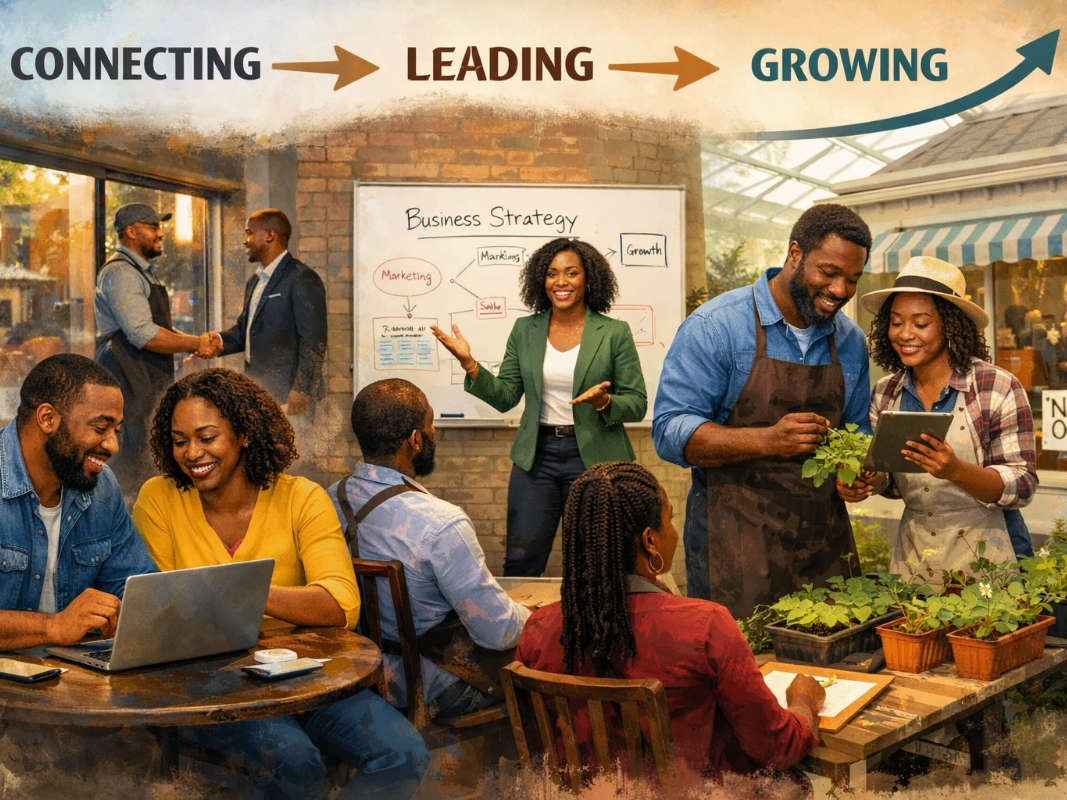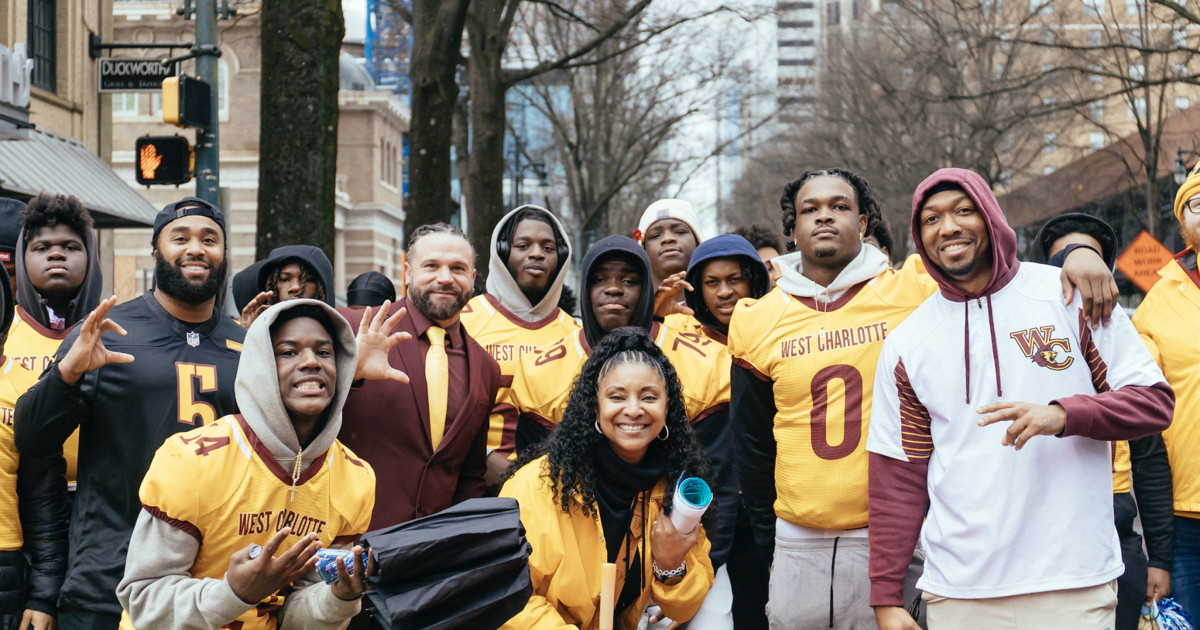Closing the racial wealth gap is a must.
For many generations, Black Americans have endured systemic barriers that impede wealth accumulation and financial stability.
Despite progress in civil rights and economic inclusion, disparities in income, housing, education, and more continue to hold many individuals and families back.
But these challenges, though rooted in long-standing injustices, aren’t insurmountable.
By taking intentional & strategic steps, Black Americans can pave the way toward financial resilience and empowerment.
Major Financial Obstacles that Black Americans Face
Here’s a closer look at some persistent financial barriers plaguing Black communities today:
1. Employment Disparities
Black Americans often face higher unemployment rates, lower wages, and fewer job opportunities due to discriminatory hiring practices & occupational segregation.
In 2024, the unemployment rate for Black workers was 1.8 times higher than that of white workers.
2. Racial Wealth Gap
Black households have significantly less wealth than their white counterparts. As of 2023, the median income for Black households was $56,490, compared to $84,630 for white households.
3. Housing Inequalities
Historic redlining and ongoing discrimination in housing markets have kept homeownership out of reach for many Black individuals.
In 2023, 74.3% of white Americans owned homes, compared to only 45.7% of Black Americans.
4. Student Loan Burden
Black students are more likely to incur higher student loan debt due to limited family wealth and resources.
Research shows that 50% of Black adults have student loan debt, with an average balance of $9,800.
5. Limited Access to Financial Services
Many Black Americans lack access to traditional banking, and this leads many to rely on costly alternatives like payday loans. In 2023, 14% of Black adults were unbanked, compared to just 4% of white adults.
5 Actionable Strategies for Overcoming Systemic Financial Challenges
Let’s discuss practical steps that Black Americans can take to tackle these obstacles and protect their financial futures.
1. Boost Financial Literacy
Increasing financial knowledge can empower individuals to make more informed decisions about budgeting, saving, investing, debt management, etc.
Ways to enhance financial literacy include:
- Following Black personal finance educators like Tiffany Aliche, Boyce Watkins, and Dasha Kennedy, who provide culturally relevant advice
- Listening to podcasts like Earn Your Leisure and Brown Ambition
- Taking online money courses like those offered by the National Black Church Initiative
- Integrating financial education in schools
2. Create Multiple Income Streams

One income stream limits, multiple empower.
Side hustles, freelancing, investing in stocks or real estate, and launching small businesses can offer greater financial flexibility and independence.
3. Leverage Homeownership Assistance Programs
Homeownership is an important way to build generational wealth.
Black individuals can take advantage of initiatives (such as Bank of America’s Down Payment Grant Program) that provide financial assistance and resources to help them purchase homes.
Organizations like NACA also offer affordable mortgage options for people of color.
4. Promote Inclusive Financial Services
Establishing and supporting Black-owned financial institutions can reduce inequities in access to credit and financial services.
For instance, People Trust Community Federal Credit Union—Arkansas’s only Black-owned bank—was founded by Arlo Washington in 2022 to serve underbanked, low-income communities.
5. Strengthen Credit Profiles
Building and maintaining good credit is fundermental, as it unlocks better loan terms, lowers interest rates, and expands financial opportunities.
Steps to improve credit scores include:
- Paying bills on time
- Monitoring credit reports regularly (via tools like Credit Karma)
- Using secured credit cards











